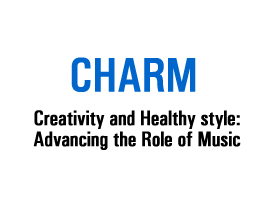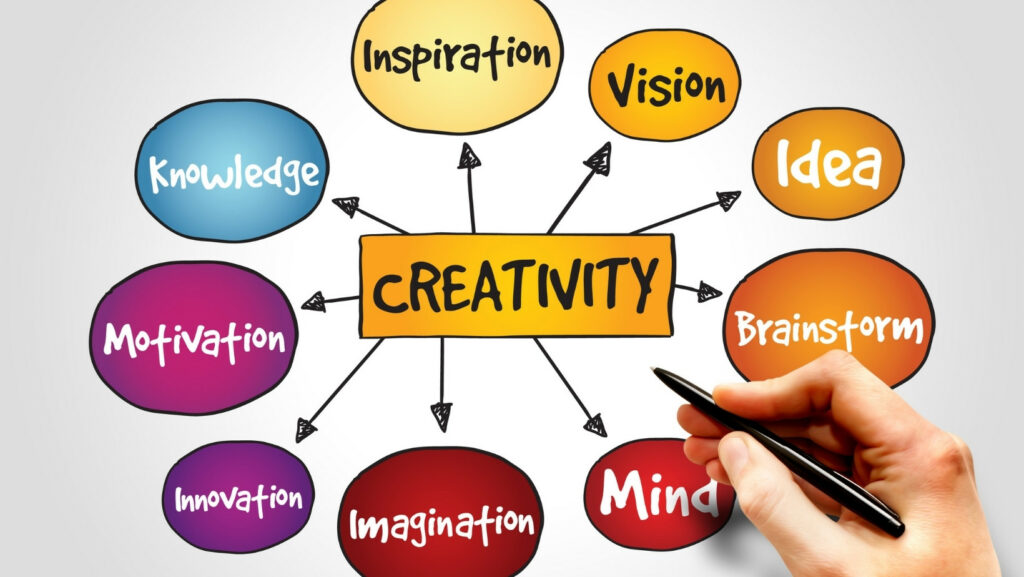
AT A GLANCE
Consisting of a training course, transnational youth initiatives, and a final seminar, CHARM focused on helping – through non-formal learning actions – young people from 5 different countries to improve their skills and actively participate in the life of their communities. Beyond the form of art expression, music is used as a tool for non-formal learning and youth development: music-related activities focuses on such themes as self-entrepreneurship, promotion of good relationships, and prevention of bad behaviours. The project also plans to disseminate this “new idea” of music, as well as raising awareness on the importance of youth working and youth policies.

OBJECTIVES
CHARM aims to achieve the following objectives:
- stimulate the involvement of Arzignano municipality and other municipalities and partners in European youth and non-formal education activities;
- promote youth active citizenship and to develop youth skills and competencies, also for facilitating their entrance in the labour market;
- share a common way of thinking about the use of music as a tool for promoting non-formal learning in Europe, and to develop a long-term network focused on this topic;
- exchange best practices among partners and learn from one another’s experience.
ACTIVITIES
Three main activities will take place during the 18-month life-span of the project.
In May 2014, a 6-day training course involving 40 people will be organized in Arzignano (Italy), serving as a platform for discussion and exchange of good practices related to music as a tool for education. It will be followed by transnational youth initiatives to be hosted in Italy and Bulgaria to give participants the opportunity to be directly, actively involved in the process of developing music as a tool for non-formal learning. Finally, a seminar will be organized in Strasbourg in Spring 2015 so as to draw conclusions and summarize all the ideas and approaches developed during the course of the project.
Overall, at least 150 persons from various counties are expected to be directly involved in the project.